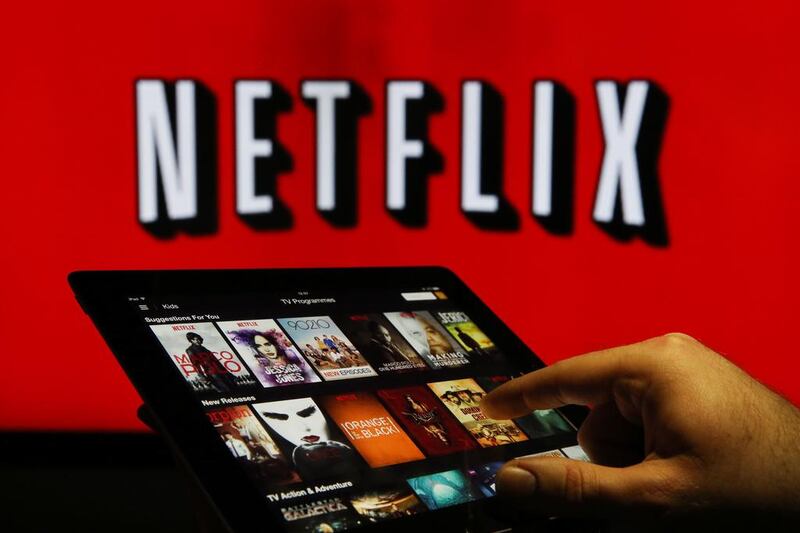Back in the days of VHS video rentals there was often a short warning infomercial tagged onto the beginning of each tape. One memorable clip featured a series of petty crimes being committed. The misdemeanours were set to emotive music, with a gravelly voiced narrator making sweeping rhetorical assumptions about his audience: "You wouldn't steal a purse! You wouldn't steal a car! You wouldn't break into a house." Then came the punchline: "Video piracy is a crime. Don't do it." I could see his point and feel his angst, but I wasn't wholly convinced.
Academic dishonesty, plagiarism, copying on exams, buying essays and the many other ways students find to cheat present a problem very similar to that of video piracy or, as we might call it today, illegal downloading/file-sharing. Both activities represent misdeeds that have been around for millennia, in one form or another. However, in recent decades, information technology has massively facilitated the means of misconduct.
Both of these misdeeds – digital piracy and academic dishonesty – also enjoy the normalising effect of ubiquity. In other words, when everyone is doing it, it doesn't feel wrong anymore. These days some people might even feel odd about legally paying for music or DVD box sets - why buy a cow when cows are free? So too with cheating, or as some call it, grade theft. Data from a US study, published in Research in Higher Education, suggests that academic dishonesty is endemic. This particular study estimates the rate of cheating (passing other people's work/answers off as your own) among US college students is between 40 and 90 per cent.
The world of entertainment has no doubt suffered financially as a consequence of information age piracy. Once, having a number one hit record meant being set for life. One-hit wonders could easily expect to spend the rest of their days smoking expensive cigars while luxuriating in guitar-shaped swimming pools. Not today. Of the top 10 best-selling singles of all time, only three are from the 1990s, with none at all from this millennium. The stats are even worse for albums, and for movies if you adjust for inflation.
_________________
Read more from Opinion
[ The Commonwealth, a dormant giant, looks towards the post-Brexit future ]
[ Al Qaeda's love affair with the ayatollahs of Iran: my enemy's enemy is my friend ]
_________________
So, how has education been hit by the information age? This is where the parallels diverge. Media piracy robs artists and businesses of profits. Academic piracy (cheating) robs individuals and society of valuable developmental experiences. If an essay is bought, rather than written, then the buyer is in no way improved. Many people who have laboured hard on an essay will no doubt have experienced the feeling that the essay is actually writing them. In other words, the intellectual effort expended brings about cognitive growth, psychological development and perhaps even a broadening of perspective.
The entertainment industry has been forced to innovate. It has begun embracing the information age in an attempt to find new ways to do things. These efforts are a work in progress, but the green shoots of fruitful innovation are becoming apparent. Netflix is an excellent example of this. The online streaming media provider, has, in relatively simple ways, changed the game and is now thriving in the age of content piracy.
In education we have, for the most part, just doubled the old guard. More exam proctors, or more vigilant proctors. We have developed plagiarism detection software like SafeAssign and Turnitin, but this is just the automation of an old checking process, it's hardly innovative. In short, we have responded by doing more of the same. There are differences across academic disciplines, but in many cases, this approach is simply not working. Worse still, it is damaging the relationship between educator and student, with the latter increasingly viewed as an adversary, a deception detecting diplodocus, who is all too easily outsmarted by the tech-savvy children of the information age.
Education needs a Netflix moment. We need to think differently about the fundamental nature of how we assess learning. Unfortunately, we are still stuck at the adversarial stage, impotently shaking our fists at an invisible enemy, while desperately trying to appeal to an assumed moral code: “You wouldn’t steal a purse, so don’t cheat on the exam.” Let’s take a breath, have a think and give something different a try.
Dr Justin Thomas is an associate professor at Zayed University





